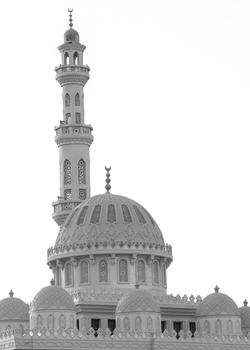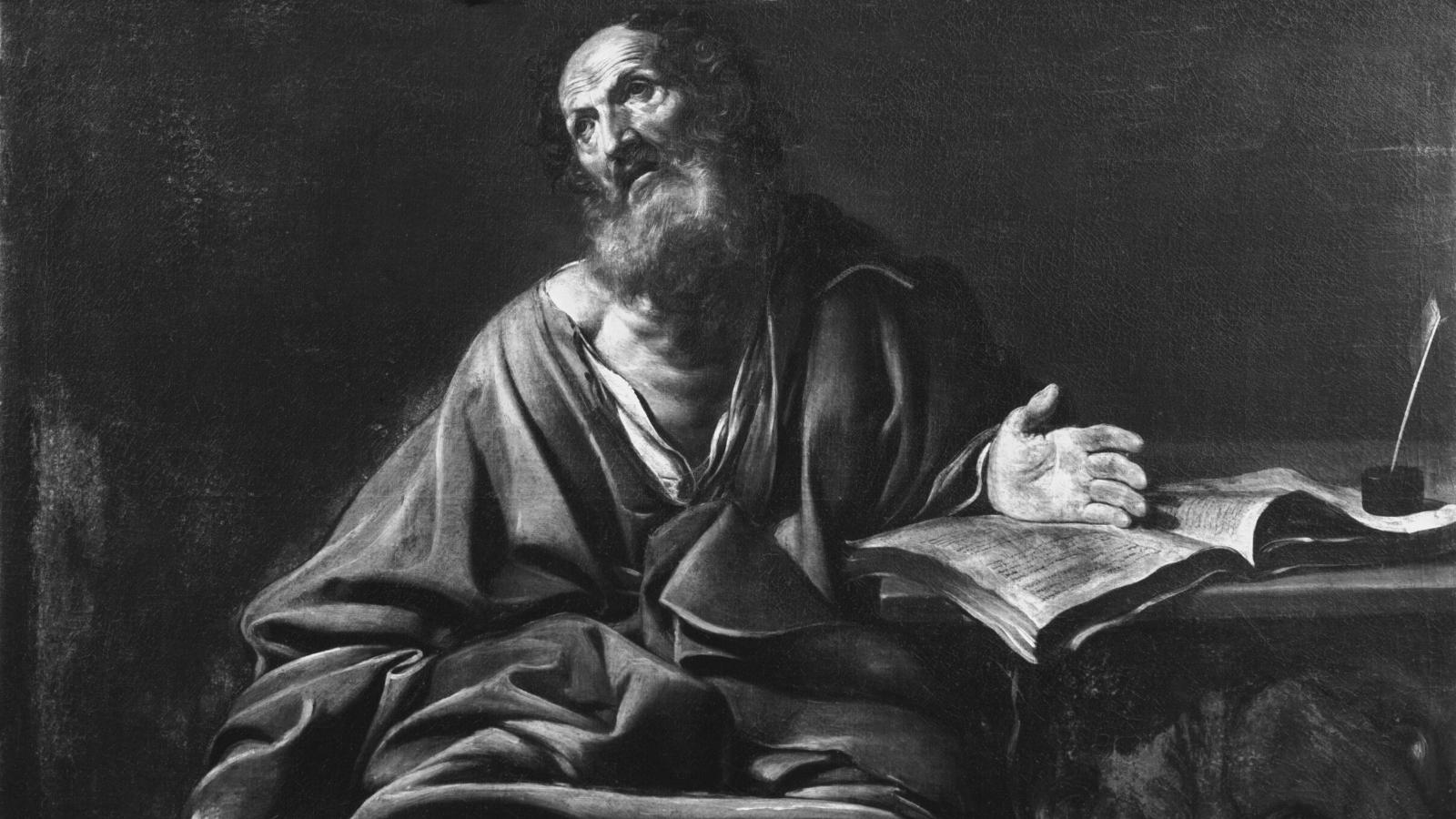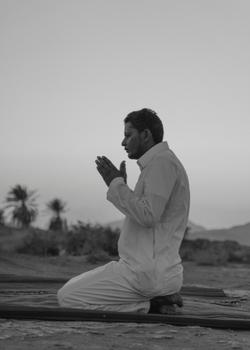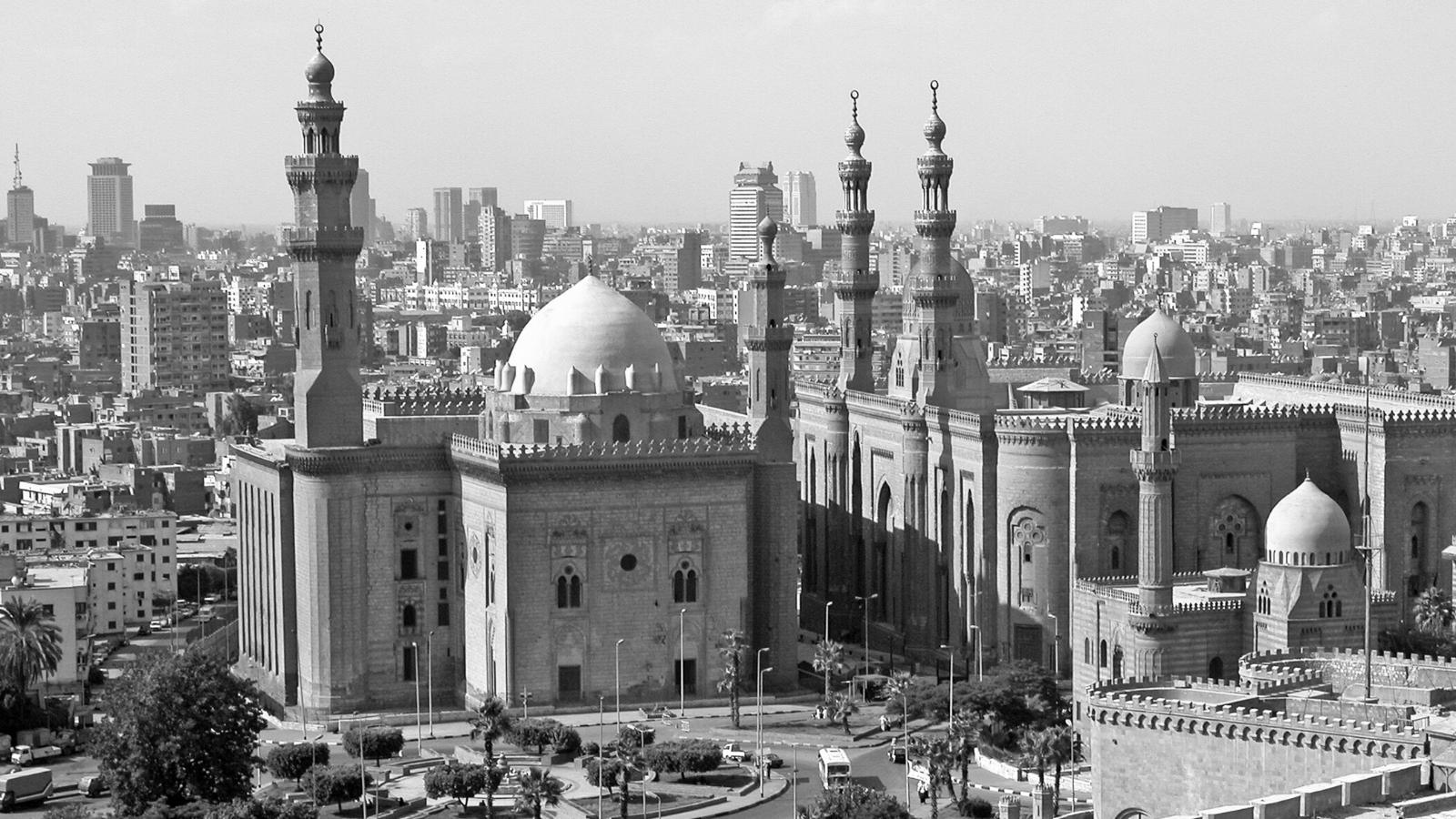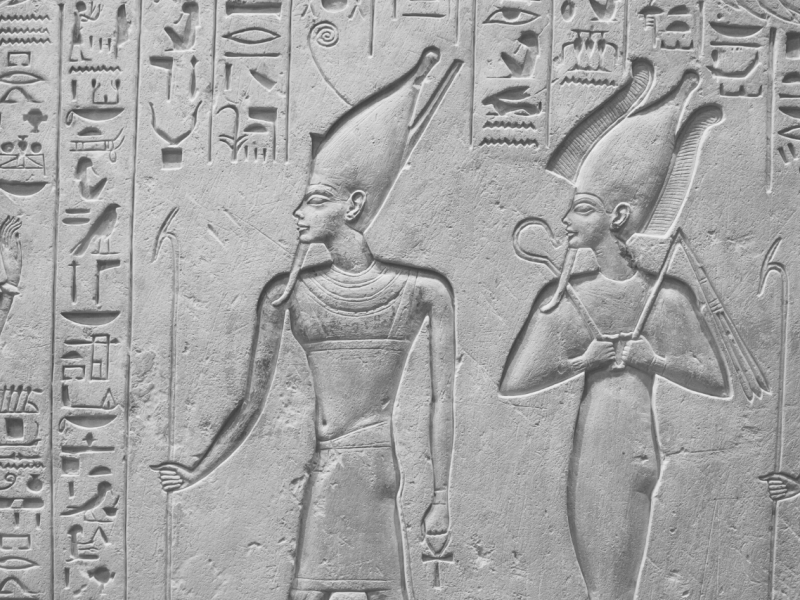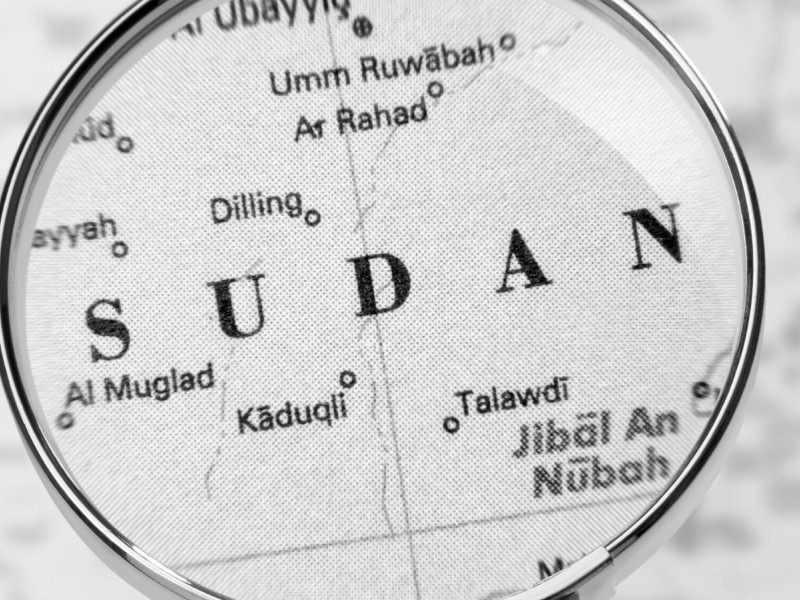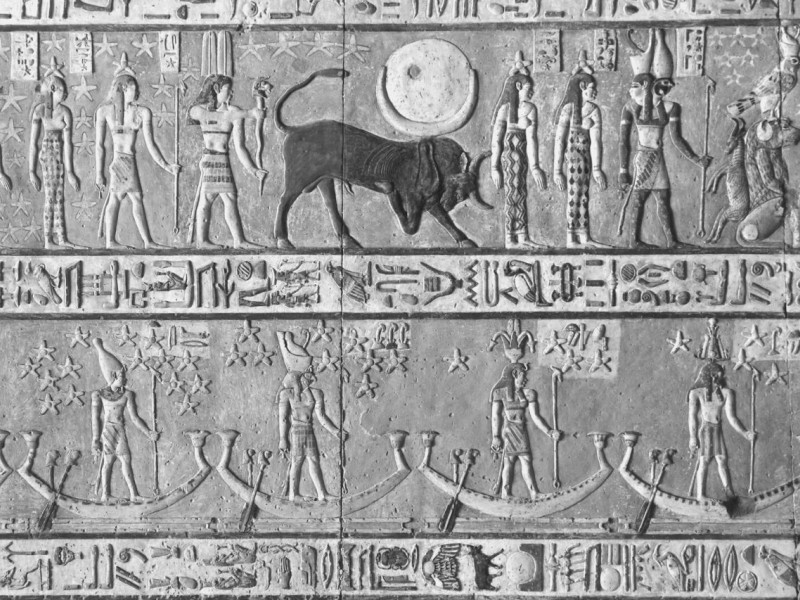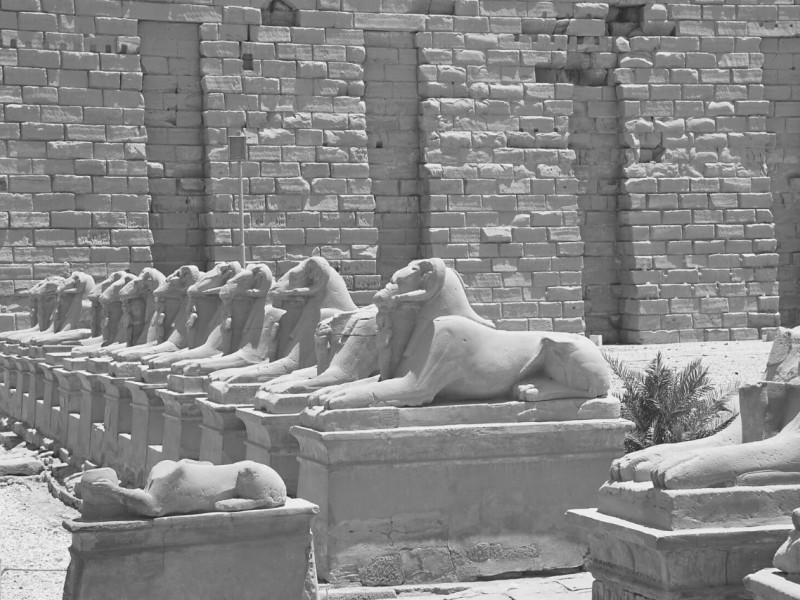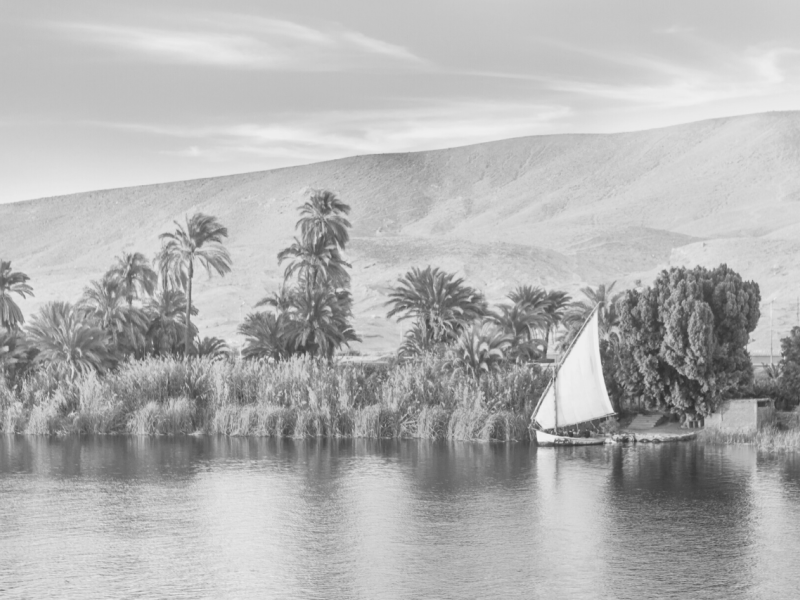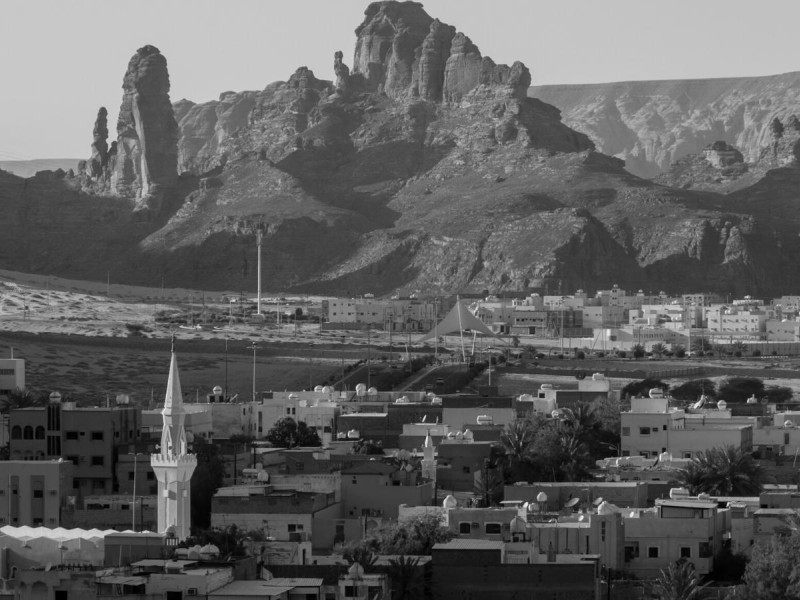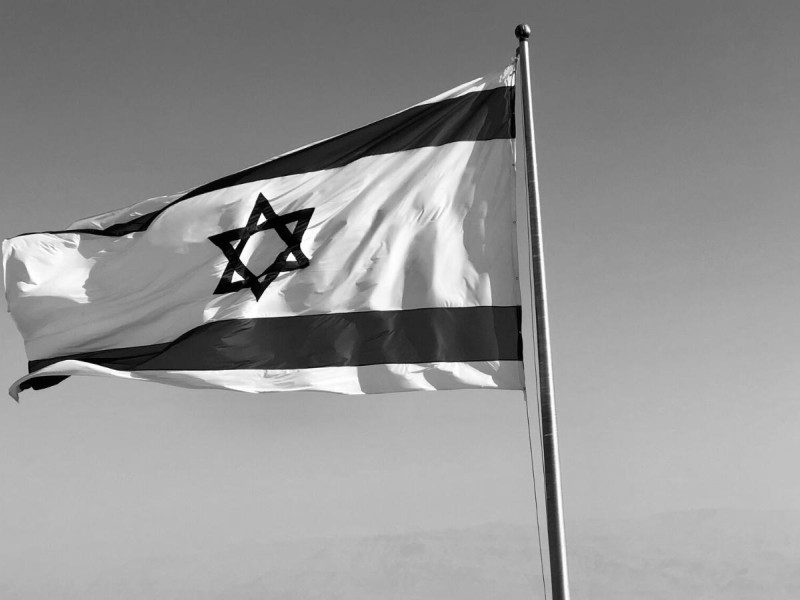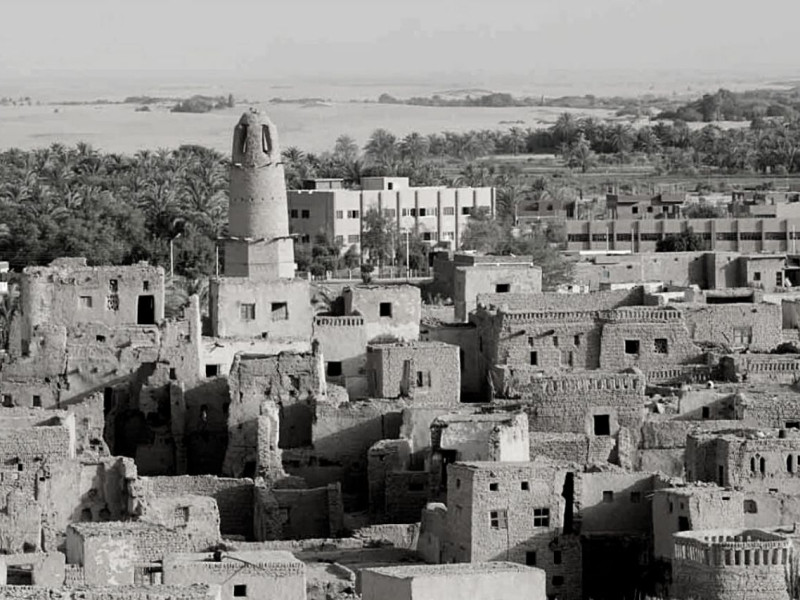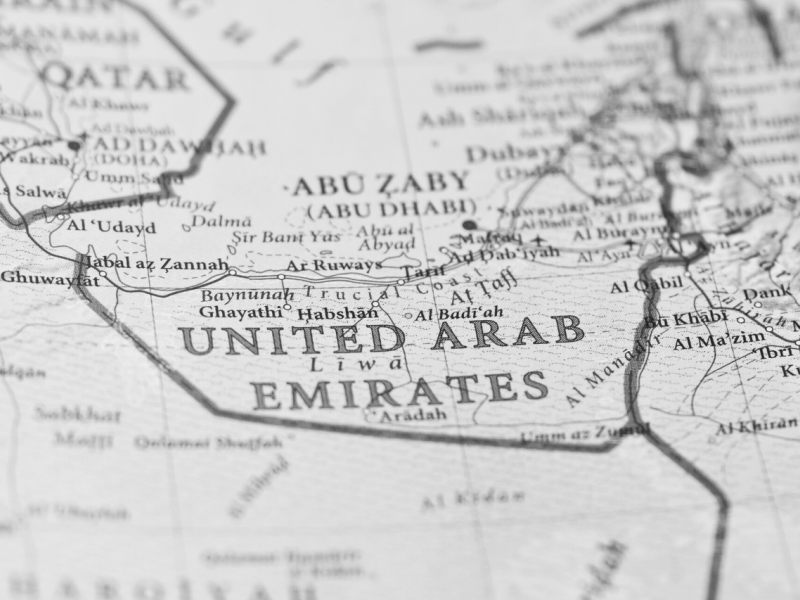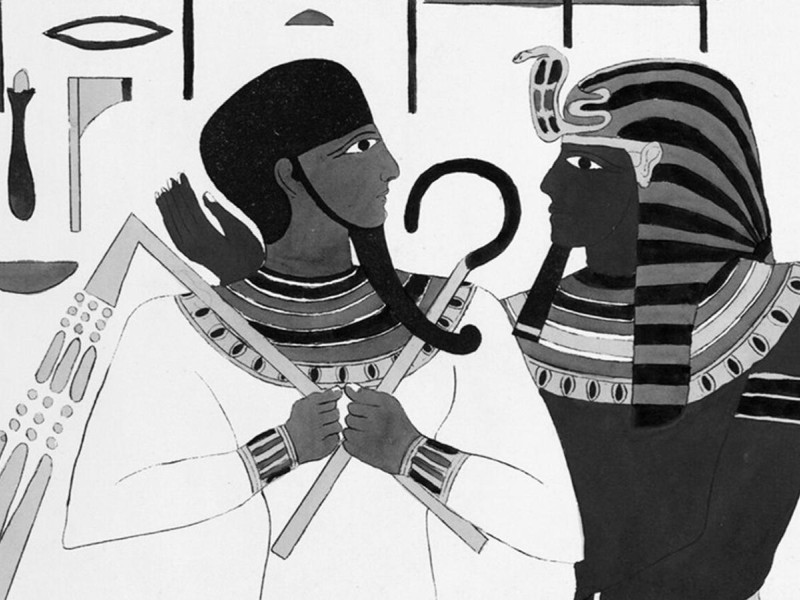Egypt Religion: Faith in the Land of Mystics, Patriarchs, and Imams
Egypt religion has largely impacted Egypt’s history and social life for the past three thousand years. From Pharaonic to modern times, religious worship has played a vital role in the lives of ordinary Egyptians.
Today, the modern nation of Egypt is home to two prominent religious communities, Muslims and Christians, with the former representing a majority.
Let us discuss the history and practices of the religions in Egypt.
What Is the Main Religion in Egypt?
Islam is both the main as well as the official state religion of Egypt. Over 90 percent of Egyptians belong to the Sunni branch of Islam. Since religion has been excluded from the government census, the exact numbers are uncertain.
Islam has enjoyed the status of the official state religion of Egypt since 1980. Although Islamic law (Sharia) is not enforced, the nation’s constitution declares that laws have to be in accordance with Islamic teachings. Consequently, Islam exerts a significant influence on the Egyptian legal system.
Islam Arrived in Egypt in the 7th Century AD
Until 639 AD, most of the territory of modern-day Egypt was a province of the Eastern Roman (Byzantine) Empire. The Romans had ruled Egypt since the end of the 1st century BCE.
The Muslim invasion of Egypt commenced in 639 and was largely complete by 646. Muslim conquest was to have a lasting impact on Egyptian culture, politics, and identity. Islam supplanted Christianity as the primary religion in Egypt; at the same time, Arab language and culture replaced Coptic and Greek, giving the country its present religious and cultural identity.
Role of Islam in Egyptian Society
Contemporary Egypt was built on Islamic heritage. The Quran and the Hadith (collected traditions of the Prophet Muhammad) govern many aspects of the social and cultural life of the Egyptian people.
Egypt has been recognized as the global center of Islamic scholarship. The Al-Azhar University in Cairo is the oldest university in the Islamic world. Founded in 970 AD by the Fatimid Caliphate, it is a center for Islamic studies, attracting thousands of scholars and students from across the Muslim world.
Are the Adherents of Minority Branches of Islam in Egypt?
Egypt has a small community of Shia Muslims, but their numbers are unknown. A large number of Sunni Egyptians follow some of the native Sufi orders. Sufism can broadly be defined as Islamic mysticism, emphasizing personal devotion to God (Allah) and practicing specific rituals as a show of devotion.
Salafism is also present in Egypt. In an attempt to return to perceived pure monotheistic worship, Salafirm insists on a strict literalist interpretation of Muslim holy texts and is seen as a movement that serves as an inspiration for Islamic radicalism.
Islam and the Egyptian State
Islam’s status as Egypt official religion means that the Egyptian government is heavily involved in regulating the daily religious practices of the country’s majority Muslim population. The ulemas (religious scholars who interpret Islamic scripture) are appointed by the state and assigned to mosques.
Government officials effectively control Islamic jurisprudence (the Hanafi school), ensuring that the nation’s laws function in accordance with Islamic beliefs.
Relations Between Muslims and Christians in Egypt
As one of the two major religions in Egypt, Christianity is deeply rooted in the nation’s history. Inter-religious relations between Muslims and Christians, however, are complex.
Egyptian government officially recognizes the three great Abrahamic religions, Islam, Christianity, and Judaism, but Christians are often discriminated against. Christian men are not allowed to marry Muslim women. More significantly, Coptic Christian churches have been a target of several deadly terrorist attacks over the past decade.
The Government’s Role in Improving the Status of Christians
Following the overthrow of the Muslim Brotherhood in 2013, the new government of President Abdel Fattah el-Sisi has strived to improve the status of Christians in the country. Christmas was recognized as a national holiday with the government seeking to improve the social climate concerning the treatment of the Christian minority.
When Did Christianity Spread to Egypt?
Christianity gained prominence in the Roman Empire towards the end of the 3rd century AD. Egypt likely had a Christian majority by the beginning of the 4th century. According to Christian belief, Mark the Evangelist established the Patriarchate of Alexandria c. 33 AD.
Alexandria is one of the five original seats of Christianity together with Rome, Constantinople, Antioch, and Jerusalem.
Egypt: Birthplace of Christian Monasticism
Christianity in Egypt was firmly established as the dominant religion by the mid 4th century AD. During the tenure of Athanasius I of Alexandria, one of the Church Fathers, the foundations of Christian Orthodox doctrine were laid out.
During this time, Christian monasticism emerged in the Egyptian desert. Devout Christians retreated to the remote desert areas to seek God, emulating Christ’s journey who spent 40 days in the desert where Lucifer tempted him.
One of the World’s Oldest Monasteries Is Located in Egypt
Saint Catherine’s Monastery, located in the desert on the Sinai Peninsula, is recognized as one of the oldest Christian monasteries in the world. Established during the reign of Emperor Justinian I’s reign (527 – 565), the monastery contains an ancient library that is still operating today.
The Great Majority of Christians in Egypt Belong to the Coptic Church
Around 10 to 15 percent of Egypt’s population are adherents of the Coptic Orthodox Church of Alexandria. Due to the geographical isolation of Egypt from the rest of the Christian world, Christianity in Egypt has acquired unique characteristics. The Pope of the Coptic Orthodox Church serves as the spiritual leader of around 10 million Coptic Christians worldwide.
Coptic Heritage Goes Back To Pharaonic Times
Coptic is believed to have descended from the Ancient Egyptian language. Linguistic continuity between Coptic and Ancient Egyptian has helped scholars decipher Egyptian hieroglyphs. For centuries, Coptic Christianity was the dominant religion in Egypt, evident in the significant number of churches and monuments scattered throughout Egypt.
Unrecognized Religions Present in Egypt
Although the great majority of the Egyptian population consists of adherents of Islam and Christianity, Egypt is home to several small religious communities which the government does not recognize. The minority religions of Egypt include the followers of the Ahmadiyya Movement, the Baha’i Faith, and a small community of Hindus.
Members of Unrecognized Religions Face Many Obstacles
Adherents of religions other than Islam, Christianity, and Judaism cannot declare themselves as such on their identity cards. Furthermore, followers of unrecognized religions are often unable to obtain personal documents, preventing them from engaging in many activities, such as access to jobs and registering children at school.
It is possible for them to obtain an identity card on the condition of omitting the mention of their religion on documents.
In What Way Does Islam Influence the Daily Lives of Egyptians?
The majority of Egypt’s Muslims incorporate Islamic teachings in their daily lives. Muslims are required to pray five times a day (Salah), either at home or at a mosque. Millions of Egyptian Muslim faithful conduct their prayers at mosques.
Unlike Churches in Christianity, mosques are not considered sacred but are places where Muslims gather to worship together. Muslims are called to perform daily prayers by muezzins, who usually read from the Quran from mosque minarets (towers built adjacent to mosques) and broadcast the prayer via loudspeakers.
Family Life Is Very Important to Muslims
Egypt is a conservative Islamic country. As is the case in other Islamic countries across the globe, family life occupies a central place in the lives of Muslims in Egypt.
Families are large, and children often continue to live with their parents after marriage. Traditionally, women in Egypt stay at home and are in charge of the household and raising children, while men sustain the family.
In urban areas, it is not uncommon for women to seek employment and pursue higher education. The majority of Egyptian women wear a hijab or a headscarf in public.
Revival of Interest in Sufi Orders
Up to a third of the adult male population of Egypt have been found to be members of Sufi orders. Sufis express their devotion to God through music and dance, elaborate chants, and body movement have the goal of inducing a religious trance in the disciples as means of getting closer to God.
The honoring of holy men and women throughout Islamic history holds a special place in Sufism. Many Sufi orders honor Christian, as well as Jewish holy men.
Religion in Modern Egypt: Between Dialogue and Persecution
The status of non-majority religions in Egypt has been a matter of concern since the establishment of the modern Egyptian state. Government restrictions on religious freedom in Egypt have had a negative impact on the status of the Coptic Christian community in particular.
Despite the fact Christians are free to practice their religion, they face social marginalization. Terrorist attacks against churches by fundamentalists still pose a threat to the safety of Christians in the country.
A Perspective on the Future of Religious Communities in Egypt
Muslims will continue to form the majority of Egypt’s population in the foreseeable future. With a predominantly young and growing population, Egypt is currently the most populous Arab country.
Coptic Christians are expected to remain the second largest religious community, comprising approximately one-tenth of the overall population. On the other hand, the status of unrecognized religions will likely stay uncertain.
Conclusion
Religion is an integral part of the Egyptian way of life and has been so since the times of the pharaohs. Egypt's major religion, Islam, is the official state religion. Islamic teachings have a profound impact on Egyptian culture and society.
Here’s what you need to know about religion in Egypt:
Coptic Christians are the second larger religious community after Sunni Muslims
Islam, Christianity, and Judaism are the only recognized religions
The government imposes restrictions on religious worship
Christian monasticism emerged in Egypt during the 3rd century AD
A rich religious heritage makes Egypt one of the spiritual centers of the world.
